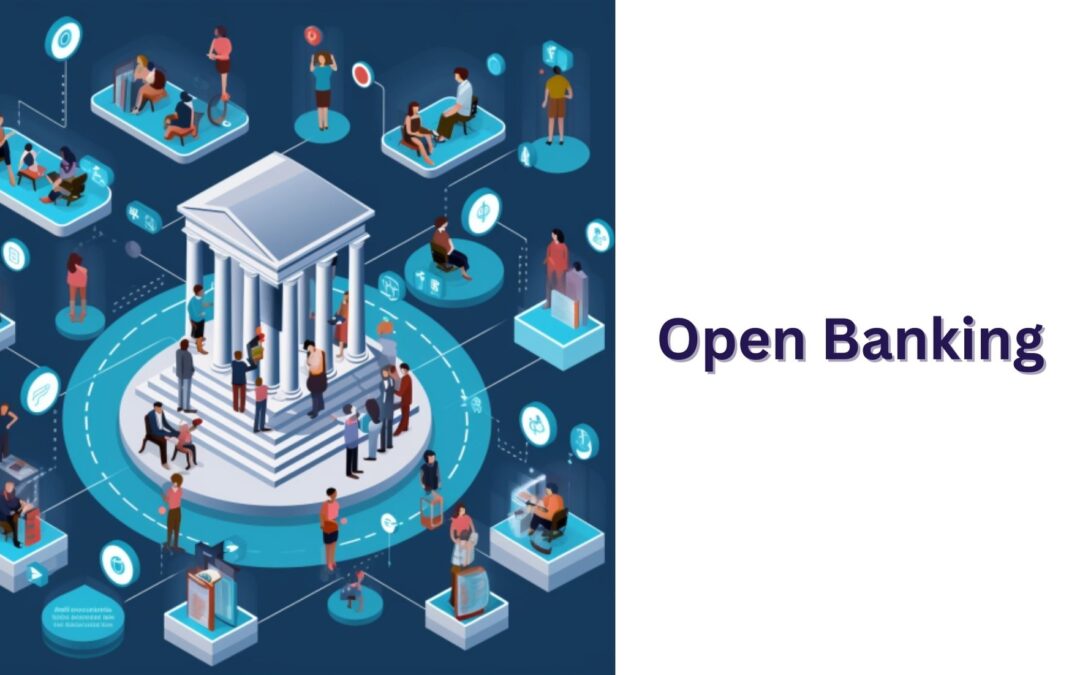In the rapidly evolving landscape of finance, one term has emerged as a beacon of change – Open Banking. This revolutionary concept is transforming the traditional banking sector, ushering in an era of unprecedented connectivity, innovation, and customer empowerment.
On a side note, how cool would it be if you had a digital platform to save money in 24k digital gold? Download the Jar App and start saving!
Understanding the Essence of Open Banking
Open Banking is more than just a technological upgrade; it’s a paradigm shift in how financial services operate. At its core, it allows third-party financial service providers access to a user’s financial data through secure Application Programming Interfaces (APIs). This collaborative approach promotes transparency, competition, and, most importantly, a more tailored and enhanced user experience.
The Impact: Why Open Banking Matters
1. Empowering Consumers
Open Banking places the power back into the hands of consumers. With the ability to share financial information securely, individuals gain greater control over their data, leading to a more personalized and efficient banking experience. Whether it’s managing budgets, tracking expenses, or accessing innovative financial services, it puts the user in the driver’s seat.
2. Fostering Innovation in FinTech
The collaboration facilitated by Open Banking is a breeding ground for FinTech innovation. With access to a treasure trove of data, FinTech companies can develop cutting-edge solutions that cater to specific consumer needs. From advanced budgeting tools to AI-driven investment platforms, the possibilities are limitless, shaping a financial landscape that is both dynamic and responsive.
3. Driving Competition and Efficiency
The traditional banking sector is no longer operating in isolation. It introduces healthy competition by allowing new entrants to join the financial ecosystem. This not only challenges established institutions to enhance their services but also promotes efficiency, resulting in cost-effective solutions for consumers.
Key Considerations in the Open Banking Journey
1. Security as a Cornerstone
While the benefits of Open Banking are vast, security is paramount. Financial institutions must prioritize the implementation of robust encryption, authentication, and authorization protocols to safeguard user data. Building and maintaining trust is crucial for the success of its initiatives.
2. Navigating Regulatory Waters
Open Banking doesn’t exist in a regulatory vacuum. Adhering to established standards and compliance measures is essential for the seamless integration of third-party services. Regulatory frameworks ensure that innovation coexists with stability and security.
The Ongoing Journey
Today, Open Banking stands as a dynamic force, continually shaping the financial industry. The ongoing journey involves refining regulatory frameworks, addressing security challenges, and exploring new avenues for collaboration.
Bottom Line
As we stand at the precipice of a financial revolution, embracing Open Banking is not just an option; it’s a strategic imperative. Whether you’re a financial institution navigating this new terrain or a consumer seeking a more tailored experience, it is the gateway to a future where innovation, transparency, and customer-centricity converge. The journey has just begun, and the possibilities are limitless. Open your mind to Open Banking, and let the digital transformation unfold.

